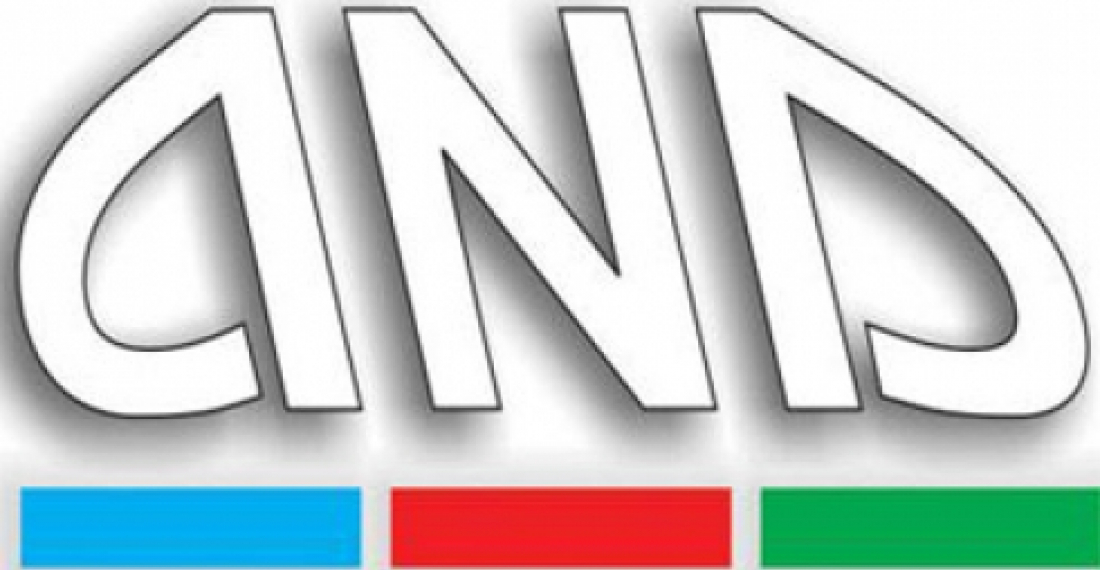The Azerbaijani media regulator has suspended the license of the country's most popular private television station ANS TV. The move came after the broadcaster announced it was to air an interview with exiled Turkish cleric Fettulah Gulen who is accused of being behind the military coup in Turkey over the weekend.
A statement by the National Broadcasting Council stated, "The Azerbaijani public, civil society organizations expressing solidarity with the Turkish people strongly condemned the attempt to overthrow the legally elected authorities. However, the ANS TV channel took a position contrary to the spirit of brotherhood and strategic partnership between Azerbaijan and Turkey, conducting propaganda against the Turkish state and government, while expressing support for the organizer of a coup in Turkey, Fethullah Gülen."
The statement added, "In accordance with Article 11 of the Law of the Azerbaijan Republic on Television and Radio broadcasting, as well as taking into account the appeal of the Prosecutor General of Azerbaijan, in order to prevent a provocation aimed at undermining strategic relations between Turkey and Azerbaijan the National Broadcasting Council made a decision on the temporary suspension of broadcasting of ANS TV channel."
It was also stated that the regulator intends to take ANS TV to court, "and a final decision will be made by the court".
On Tuesday the President of ANS Group of Companies Vahid Mustafayev and director general of ANS TV channel Mirshahin Aghayev were summoned to the Grave Crimes Investigation Department at the Prosecutor General's Office.
ANS TV is regarded as the most independent minded and popular television station in Azerbaijan. It has often taken a hard line on the Karabakh issue. There were difficulties between the broadcaster and the Azerbaijan government in the past but in recent years both sides had come to a mutually acceptable modus operandi with ANS toning down its criticism of the government.
source: commonspace.eu with agencies







